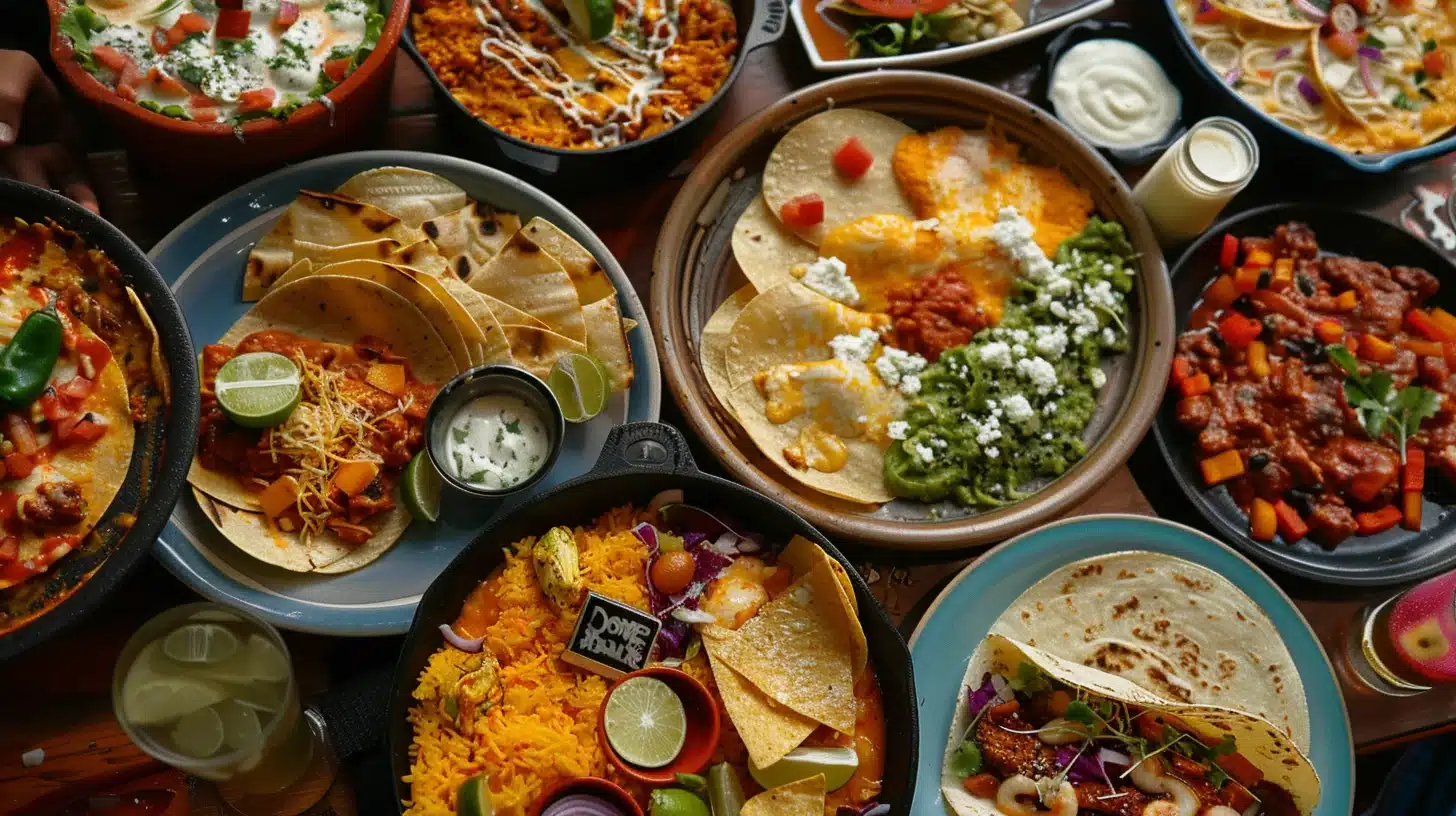Spicy food contains compounds such as capsaicin, which gives chili peppers their heat. When you consume spicy food, capsaicin triggers receptors in your mouth and digestive system, sending signals to your brain that your body is experiencing heat. In response, your body may initiate a stress response, which can temporarily elevate your blood pressure.
The stress response, commonly known as the “fight or flight” response, involves the release of hormones like adrenaline and cortisol. These hormones can cause your heart to beat faster and your blood vessels to constrict, which can result in a temporary increase in blood pressure.
However, the spike in blood pressure from eating spicy food is typically short-lived and should return to normal once the effects of the spicy food wear off. For most healthy individuals, this temporary increase in blood pressure is not a cause for concern.
It’s important to note that the impact of spicy food on blood pressure can vary from person to person. Some individuals may be more sensitive to the effects of spicy food, while others may not experience any noticeable changes in blood pressure at all.
If you have hypertension or other cardiovascular issues, it’s a good idea to monitor how your body responds to spicy food and consult with your doctor if you have any concerns. They can provide personalized advice based on your medical history and individual health status.
